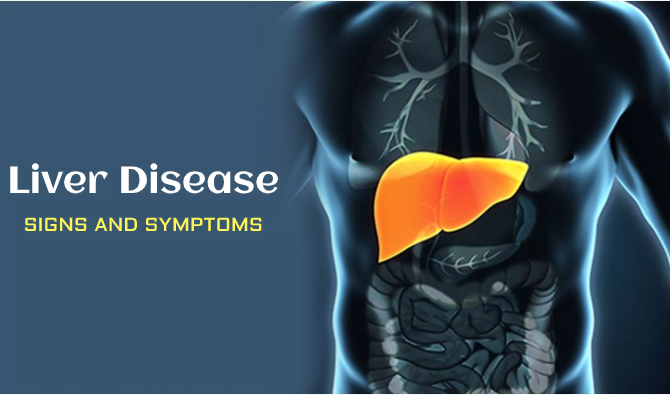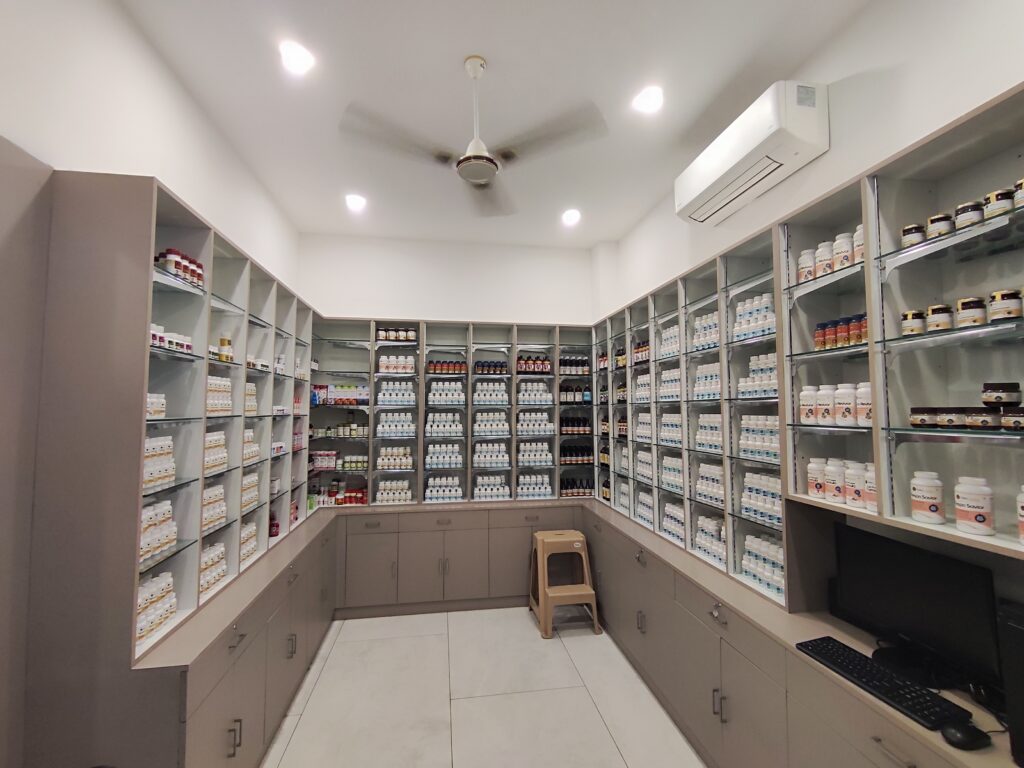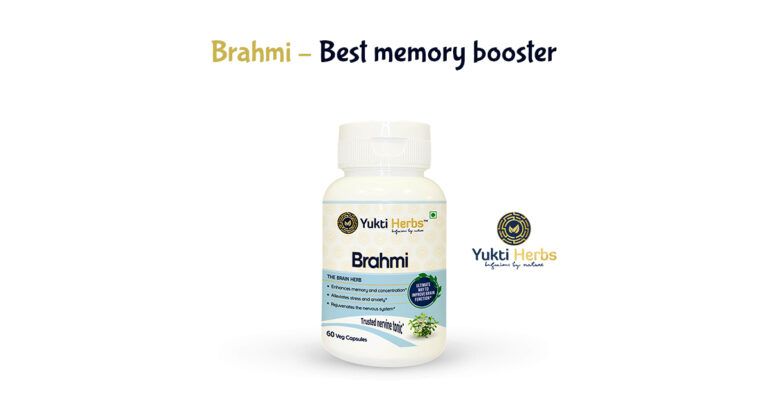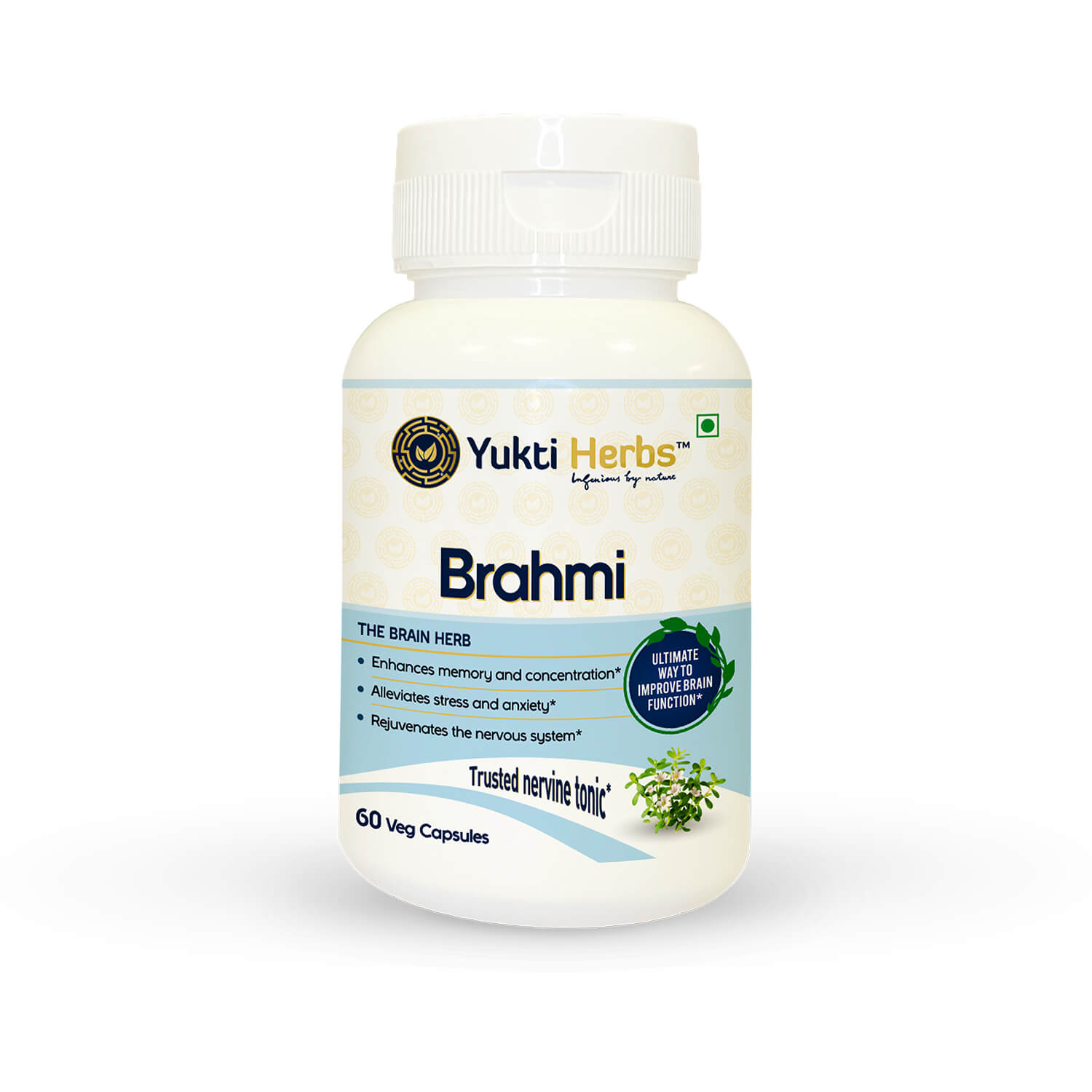Introduction
Brahmi is an extremely beneficial Ayurvedic herb, which has been in use since ancient times for natural management of neurological and psychiatric disorders. It is called the ‘brain herb’ because of its time-tested ability to enhance cognitive functions. In addition to treating brain-related disorders, Brahmi also has proven ability to treat several other health conditions.
Brahmi is a perennial, nootropic herb which is categorized as ‘Medhya Rasayana’ (brain-rejuvenating medicine) in Ayurveda. The actions (prabhava) of Brahmi on intellect and memory have been clearly described in ancient texts like Ashtanga Hridaya, Atharva Veda, Sushruta Samhita, and Charak Samhita. Besides Ayurveda, some other alternative medication systems which have recognized the benefits of Brahmi include the Siddha and Unani systems.
Brahmi herb is well-known in Ayurveda because of the following brain-supporting properties:
- Improving memory and concentration
- Alleviating stress and anxiety
- Rejuvenating the nervous system.
At Yukti Herbs, the best quality of Brahmi is available in a packing of 60 Vege capsules containing 500mg std. extract, which means 1 full month of supply!!!
Synonyms of Brahmi
The word Brahmi is derived from the names of Lord Brahma (the creator of the universe) and Goddess Saraswathi (the goddess of learning). Brahmi herb has natural ability improve the functioning of the brain and enhance intelligence and learning skills.
The scientific name of Brahmi herb is Bacopa monnieri. The herb belongs to the Scrophulariaceae family of plants, which grows in marshlands.
Some of the other names of Brahmi are:
- Barmi
- Birami
- Aindri
- Ghola
- Jalanima
- Jala Brahmi
- Neera Brahmi
- Matsyakshi
- Kapotavega
- Somavalli
- Sambarenu.
In English, Brahmi is called Indian Pennywort, Water hyssop, Thyme-leafed gratiola, and Herb of grace.
Brahmi Habitat
Brahmi is a tender, creeping herb, which typically grows in wet and swampy areas across several parts of the world. The herb has many branches and small flowers – with 4 or 5 petals – in white or light purple color.
Brahmi herb is found in regions with sub-tropical and tropical climate. It achieves maximum vegetative growth in damp soils and shallow-water areas with around 65% relative humidity. It grows in areas at a height of up to 4000 feet from the sea level.
The natural habitat of Brahmi includes wetlands in countries like India, Sri Lanka, Nepal, Pakistan, Vietnam, China and Taiwan. The herb is also commonly found in Australia, tropical and southern Africa, the Caribbean, Canada, USA and South America.
Brahmi Parts used
All the parts of Brahmi herb can be used for medicinal purposes, particularly for energizing, calming and nervine-stimulant effects. The parts include:
- Stem
- Leaves
- Flowers
- Roots.
Brahmi Medicinal Properties
Brahmi has a number of beneficial active constituents and phytochemicals which give the herb its therapeutic value as a memory enhancer and health tonic. The constituents of Brahmi include alkaloids, saponins, glycosides, flavanoids, sapogenin, apigenin, hersaponin, monnierasides, triterpenoids, brahminoside, brahamoside, Brahmic acid and isobrahmic acid.
The medicinal properties of Brahmi resulting from the herb’s key pharmacological actions can be listed as follows:
- Antioxidant
- Neuroprotective
- Aphrodisiac
- Bronchodilator
- Cardiotonic
- Analgesic
- Astringent
- Antipyretic
- Anti-inflammatory
- Antiasthmatic
- Antispasmodic
- Anxiolytic (anti-anxiety)
- Antidepressant
- Antiepileptic
- Diuretic
- Cholinergic.
Ayurvedic Properties and Effect on Vata, Pitta, Kapha
Brahmi is a potent brain-rejuvenating herb, which has the following Ayurvedic properties:
- Rasa (Taste) – Tikta (bitter) and Kashaya (astringent)
- Guna (Quality) – Laghu (light)
- Veerya (Potency) – Sheeta (cold)
- Vipaka (Post-digestive taste conversion) – Madhura (sweet)
Brahmi can maintain the harmony of the three doshas — Vata, Pitta and Kapha. It can rectify the imbalance of the doshas to calm the nervous system. More specifically, Brahmi can balance and rejuvenate Vata and Pitta, and reduce Kapha.
Brahmi can also normalize all the body tissues (Dhatus), specifically nerves, blood and plasma. Moreover, it has a favorable impact on various systems (Strotas) of the body including the nervous system, circulatory system, digestive system, reproductive system and muscular system.
Brahmi Uses and Benefits
Brahmi is considered one of the most sattvic (pure and holistic) herbs used in Ayurveda since the Vedic period. The medicinal significance of the herb results from its ability to protect brain cells from free-radical damage, treat nervous imbalance, promote mental health, and improve memory function.
Apart from its unique neurological benefits, Brahmi is also known for its usefulness in managing several other health problems including:
- Inflammation of the nervous tissue
- Anxiety and depression
- Mental fatigue
- Age-related memory loss
- Intestinal spasms
- Epilepsy
- Asthma
- Insomnia
- Fever
- Hoarseness of voice
- Rheumatism
- Irritable Bowel Syndrome (IBS)
- Burning sensation while urinating
- Pain and inflammation
- Swelling in joints
- Peripheral neuritis
- Mental retardation
- Attention Deficit Hyperactivity Disorder (ADHD)
- Alzheimer’s disease
- Male performance problems like poor sperm quality, premature ejaculation, erectile dysfunction
The use of Brahmi can also cleanse the kidneys, soothe the liver, relax the muscles, relieve constipation, alleviate menstrual pain, improve nutritional status, strengthen the immune system, treat skin disorders linked to nervous imbalance, nourish the hair, enhance vitality, maintain healthy blood pressure levels, regulate blood sugar levels, and increase longevity. Brahmi can also manage brain tumor and slow down the progression of colon cancer and breast cancer.
Brahmi Dosage
Brahmi is available in the form of tablets, capsules, powder, and oil. A daily dose of approximately 500-1000mg of std. extract of Brahmi is recommended by Ayurvedic experts for boosting brain power and overall good health for adults.
The recommended dosage of Brahmi for adults is as follows:
- In tablet or capsule form: 1-2 tablets or capsules twice a day, with plain water.
- In powder form: 1 teaspoon (3-5grams) of the powder twice a day, with water or honey or lukewarm milk.
Brahmi Contraindication
Pregnant women and breastfeeding mothers should not take Brahmi.
Brahmi Side Effects
Brahmi is, by and large, safe Ayurvedic medicine for all adults. There have been no reported side effects of Brahmi when taken as per the recommended dosage or under the supervision of an Ayurveda Physician.
Conclusion
Brahmi is a miracle herb, which contains beneficial constituents that enable it to effectively achieve two main goals of Ayurveda: (i) prevention and treatment of diseases and (ii) maintaining a proper ‘body-mind-soul’ balance. Brahmi has been traditionally described as ‘Divya Aushadi’ (the divine medicine), because of its wide therapeutic usage. It is not just an excellent brain herb and nerve tonic, but also a useful medication for managing numerous health problems.












